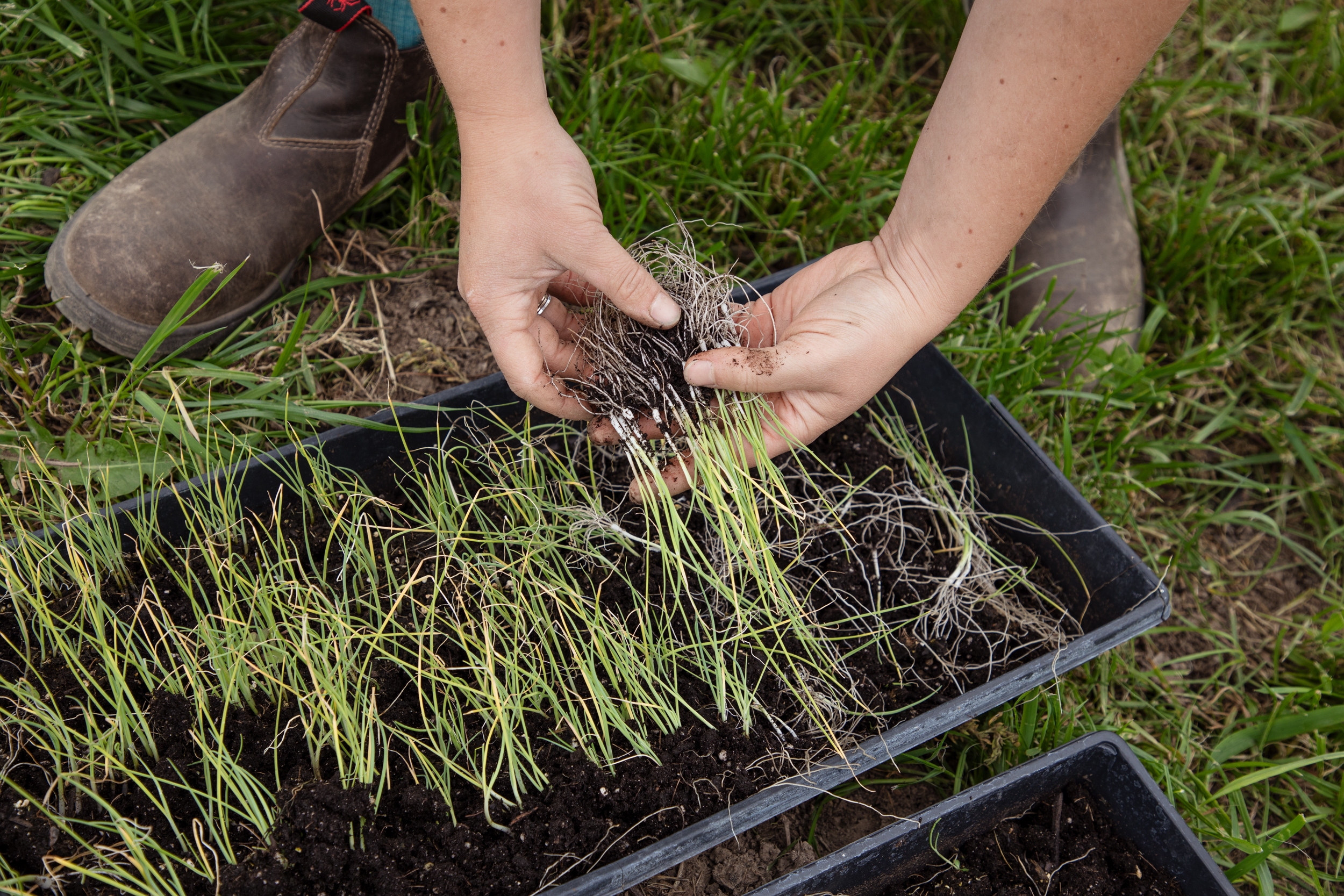
Philo Ridge Farm (PRF) is a 500-acre certified organic farm in Charlotte, Vermont. PRF is a diversified farm in its eleventh year of production. Its livestock program grazes over 300 acres of perennial pasture and includes ewes, lambs, pigs, chickens, and Belted Galloway cows. The farm grows over two acres of organic produce and flowers using farming practices that build soil health, produce a variety of nutrient-dense foods, reduce the use of fossil fuels, and support the local agricultural community. Everything harvested is processed at PRF and sold through its culinary program and market, inspired by a closed-loop nutrient system. PRF also serves as a year-round gathering place for the community. After a decade of building an understanding of this landscape, growing with the community, and envisioning the future of farming, the founders are excited to create a nonprofit so that PRF continues to operate as a community asset and working farm for generations to come.
Position Overview
Title: Market Garden Crew Member, Seasonal
Department: Garden
Type: Full-time, Part-time, Seasonal, Non-Exempt, Hourly
Report: Garden Manager
Location: Philo Ridge Farm, Charlotte, Vermont
The Market Garden Crew member is responsible for assisting in the delivery of Philo Ridge Farm’s market garden program. This includes assisting in the production of all vegetable, flower, and fruit crops, as well as the upkeep of all gardens and landscapes. Working closely with the Garden Manager, Market Garden Crew members will execute tasks such as seed starting, transplanting, cultivation, harvesting, and general maintenance of the farm and landscape. This position will gain experience with greenhouse production, irrigation, equipment operation, and organic farming practices. This seasonal position begins in the spring and ends in late fall depending on organizational needs and candidate availability. The Garden Crew member will work a consistent part- or full-time weekly schedule (up to 40 hours), with the potential for working weekend and holiday hours depending on the needs of the business.
Responsibilities
● Learn all aspects of organic production including but not limited to seedling propagation, high
tunnel growing, harvest
● Routine care of perennials such as pollinator habitats, orchard trees, berries, and flowers
● Routine landscaping maintenance, including planting, weeding, harvesting, mulching, watering,
and occasional mowing and string trimming
● Safely operate on-farm equipment and machinery
● Manage other tasks as necessary to support all Garden operations
Additional Responsibilities:
● Support special events, farm-to-table dinners, farm lunches, and farm tours
● Assist Land & Livestock operations as needed
● Assist all team members in general maintenance and upkeep of Philo Ridge Farm
Qualifications
● Experience using various gardening tools and equipment a plus, but not required, willing to train
● Must be able to stand for extended periods and walk frequently throughout the day
● Able to lift, carry, and move objects up to 50 pounds regularly
● Ability to work outside, including in adverse weather conditions
● Ability to reliably be on time, proactive, and prepared daily for all duties
● Valid driver's license and proven track record of operating a vehicle safely
● Tractor and equipment experience a plus, not required, willing to train
● Versatile working style able to adapt to the seasonal changes of workload
● Passion for regenerative and organic farming
● Strong interpersonal skills and ability to develop strong working relationships across teams
● Self-starter who can work independently and solve problems creatively
● Superior attention to detail, strong work ethic, and the ability to keep a consistent pace
throughout each day
Compensation is based on experience. $18 - $20 per hour.
Benefits & Perks
Employment benefits include accrued paid time off, staff meals, and an employee discount on products in our market. Employee housing is available; please inquire as needed.
Application Process
To apply, please send the following via email to [email protected]:
· Cover letter explaining their interest in this job and available start date
· Resume
· Three references, including contact information
Qualified candidates will be contacted directly. No phone calls, please.
Frequently cited statistics show that women and people from underrepresented groups apply to jobs only if they think they meet 100% of the criteria. If you meet many but not all the criteria and feel you may be a good fit for the role, PRF encourages you to apply. PRF is an Equal Opportunity Employer and does not discriminate on the basis of age, color, national
origin, ethnic origin, citizenship status, disability, race, religion, creed, gender, sex, sexual orientation, gender identity and/or expression, marital status, veteran status, or any other characteristic protected by federal, state, or local law in its employment policies. In addition, PRF will provide reasonable accommodations for qualified individuals with disabilities.

